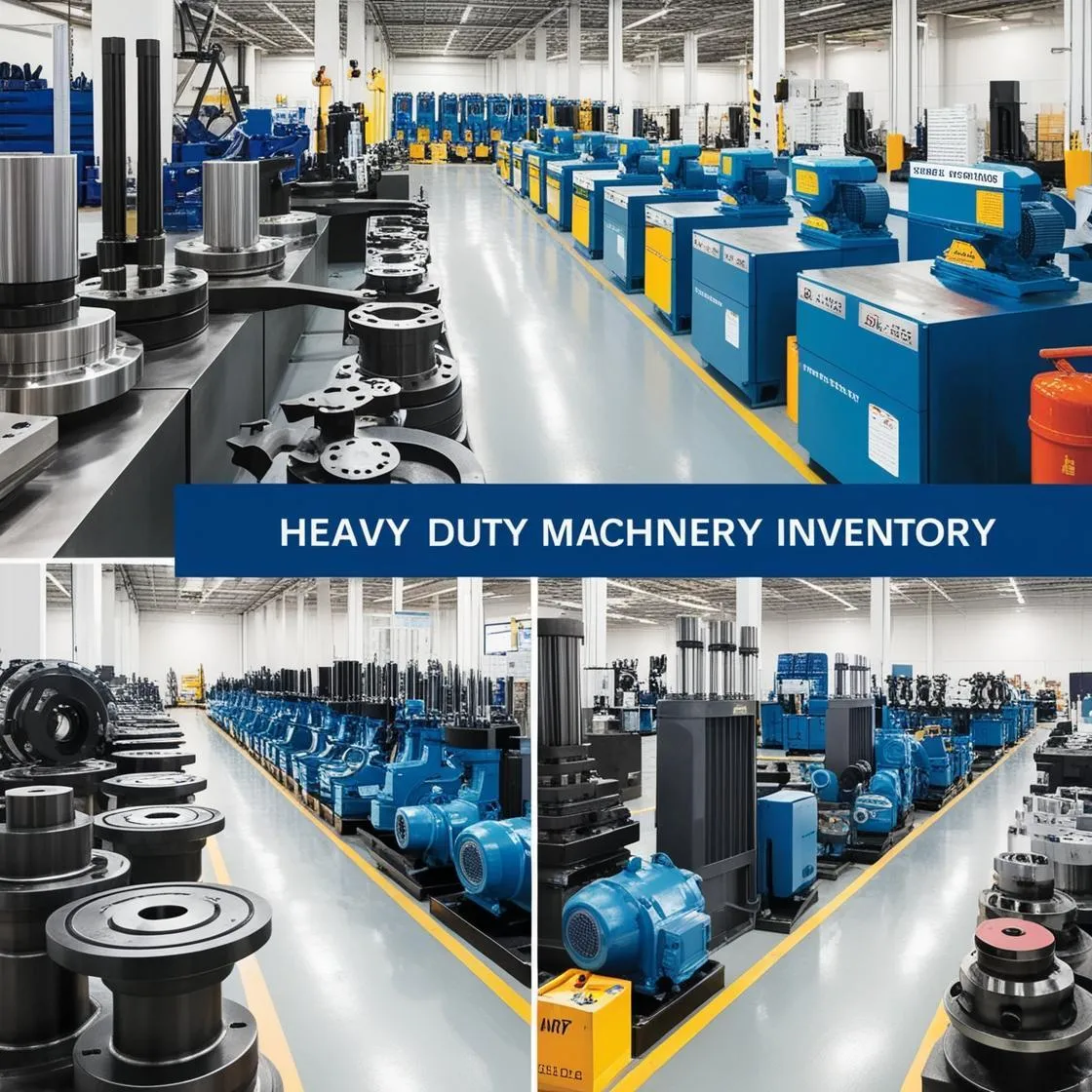Independent Financial Broker provides educational tools and referral-based services only. We do not offer personalized financial, legal, or tax advice through this platform. Any licensed advice is delivered solely by professionals operating within their regulatory scope and is clearly identified on a case-by-case basis. This platform does not sell insurance or provide product recommendations. All insurance-related services are delivered exclusively by licensed professionals, and clearly disclosed as such
Business Equipment Leasing & Refinancing
Lease Or Refinance Business Equipment To Access Capital, Gain Tax Advantages - Upgrade Without Disrupting Your Cash Flow! We Will Show You How Using This In Advanced Ways Grows Your Wealth Faster!
This Is One Important Aspect Of A Total Competitive Edge Our Clients Benefit From!
What Are All The Aspects? See Our Whole Life Financial Map

Equipment leasing to own saves your working capital (bank lines) for day-to-day business expenses, business expansions or unexpected business related expenses. Get the liquidity you need by doing a lease buy back on the equipment you own. Dealer and private seller/buyer scenarios welcomed.
Monthly lease payments are viewed as a business expense instead of long-term debt. Having little debt on your balance sheet helps you secure financing to fund your business.








20+ Lenders.
New Or Used Revenue Generating Assets.
We Can Give You Dollar For Dollar Back On Assets You Have Purchased In The Last 365 Days.
Refinance And Leverage Your Depreciating Assets And Get Up To 65% Of Their Fair Market Value - Can Turn Into A Commercial Lease.
Start Ups OK.
All Industries.
Conserve And Control Cashflow.
Tax Benefits.
Upgrade Outdated Equipment.
More Attractive Balance Sheet By Having Leases.
12-72 Month Repayment Terms.
More Advanced Ways To Use It, Book Your Call!
Not Ready to Book? How to Win: Our Must-Read Blog for Business & Financial Success

Understanding Lender Protection Insurance vs. Term Life Insurance for Canadian Homeowners

Understanding Lender Protection Insurance vs. Term Life Insurance for Canadian Homeowners
When buying a home, ensuring financial security for your loved ones is just as important as securing the property itself. Two key options often come into play for homeowners in Canada: mortgage insurance and term life insurance. While both serve to provide financial protection, they differ significantly in terms of coverage, benefits, and flexibility. Here, we delve into their distinctions and help you determine the best fit for your needs.
What Is Often Mistaken As Mortgage Insurance?
Mortgage insurance is often confused with the loan-default coverage offered by the Canada Mortgage and Housing Corporation (CMHC), which protects the lender if you default on your payments. This form of insurance is typically required when your down payment is less than 20% of the home’s purchase price. However, this is not the focus of this article. For more on CMHC insurance, visit them here: Canada Mortgage and Housing Corporation (CMHC) website.
What Is Mortgage Insurance?
In this article, mortgage insurance refers to the life insurance consumers buy to protect their families in the event of an unexpected death. Lender Protection Insurance, sold most often when you sign for your Mortgage and Fully Underwritten Life Insurance are discussed here. They have important differences that many Canadians might not have heard of before.
What Is Term Life Insurance?
Term life insurance, on the other hand, is designed to provide financial support directly to your beneficiaries. This type of policy offers a predetermined payout (known as the death benefit) if you pass away during the policy term. Unlike mortgage insurance, term life insurance isn’t tied to a specific debt. Your beneficiaries can use the payout for any purpose, whether it’s paying off the mortgage, covering daily expenses, funding education, or investing for the future. You can learn more about term life insurance options by speaking with an advisor.
Claim Approval Rates
One critical distinction between these two options lies in claim approval rates. Term life insurance typically undergoes thorough underwriting at the time of application, where the insurer assesses your health and lifestyle. Once approved, the claim denial rate is low—approximately 4% in Canada, according to the Canadian Life and Health Insurance Association (CLHIA).
Mortgage insurance, however, often employs post-claim underwriting. This means your eligibility is assessed only when a claim is made. As a result, there’s a higher risk of claims being denied due to undisclosed health conditions or other factors. This uncertainty makes mortgage insurance less reliable for some homeowners. For insights into post-claim underwriting, visit Investopedia.
Coverage and Flexibility
Mortgage insurance coverage decreases over time as you pay down your mortgage, but your premiums typically remain the same. Furthermore, the payout can only be used to pay off the remaining mortgage balance, leaving no flexibility for other financial needs. For more on mortgage insurance specifics, check the Financial Consumer Agency of Canada (FCAC).
In contrast, term life insurance offers level coverage and premiums throughout the policy term. Beneficiaries receive a fixed death benefit that they can allocate as needed, providing greater financial flexibility and peace of mind.
How Common Are These Options?
While exact figures are hard to pin down, it’s estimated that a significant portion of Canadian homeowners have mortgage insurance, especially those with smaller down payments. On the other hand, about 57% of Canadian adults have some form of life insurance, including term life policies, according to studies by LIMRA and Life Happens. However, not all homeowners opt for term life insurance, often relying on group policies provided by employers or other financial arrangements.
Which Should You Choose?
The decision between mortgage insurance and term life insurance ultimately depends on your financial goals and personal circumstances. Here are some factors to consider:
Flexibility: Term life insurance provides more versatile coverage, allowing your family to decide how to use the funds.
Reliability: With pre-approved underwriting, term life insurance offers greater certainty in claim approval.
Cost: Compare the premiums of both options. In our experience, term life insurance often offers better value for the coverage provided. You can compare rates using tools like the InsuranceHotline comparison tool.
Control: Term life insurance benefits go directly to your beneficiaries, not the lender.
Conclusion
While mortgage insurance may seem like a convenient option tied directly to your home loan, term life insurance often provides more comprehensive and flexible protection for your family. By understanding the differences and weighing your options carefully, you can make an informed choice that ensures your loved ones are financially secure, no matter what the future holds. For further reading on financial planning, visit the Globe and Mail’s personal finance section or the Wealthsimple blog.
Click these words to book a mortgage insurance consult with one of our licensed advisors today.
Disclaimer: This content is for informational purposes only and should not be considered financial, tax, or legal advice. Independent Financial Broker makes no guarantees about the accuracy, completeness, or applicability of the strategies discussed. Always consult a licensed professional before making financial decisions. This article contains general information and illustrations intended to help Canadians make more informed choices. Any examples are for educational use only and do not guarantee future results.
Mitchell Wainman is a licensed Life and Accident & Sickness insurance advisor in Alberta, operating under Aurora Capital Partners.
FAQ
Why Do I Need To Book A 15 Minute Call?
This product is Commercial Financing and Leasing, so you must speak to a Loan Officer to ensure it is right for your use. They will explain the features and benefits and walk you through the application. You also get your questions answered on the spot and have an actual human to speak to from there on.
How Is This Different From What I Get At A Dealer?
This Does Not Compete With Dealers. It Is Primarily Aimed At Used Equipment And Equipment You May Have Purchased On A Loan And Now Need To Free Up Cashflow Or Get Leasing Benefits.
What If I have More Questions?
No Problem at all, book a call and ask away! Don't be shy, you're in business after all! We are very easy to talk to and very helpful.

Powered by Aurora Capital Partners
Disclaimer:
Independent Financial Broker operates as an educational and referral platform. All tools, strategies, and materials provided are for general information purposes only and do not constitute personalized legal, tax, investment, or insurance advice. Licensed advice is provided only through authorized professionals and clearly disclosed as such. Any third-party financial products or services discussed on this site are offered by independent providers. We do not act as a lender, credit broker, or mortgage broker. Client results will vary based on individual circumstances.
Educational materials and financial strategy tools are not a substitute for professional advice specific to your situation. Always consult a licensed professional before making financial decisions.
All Rights Reserved © Copyright 2025 Independent Financial Broker


Facebook
Instagram
X
Youtube
TikTok